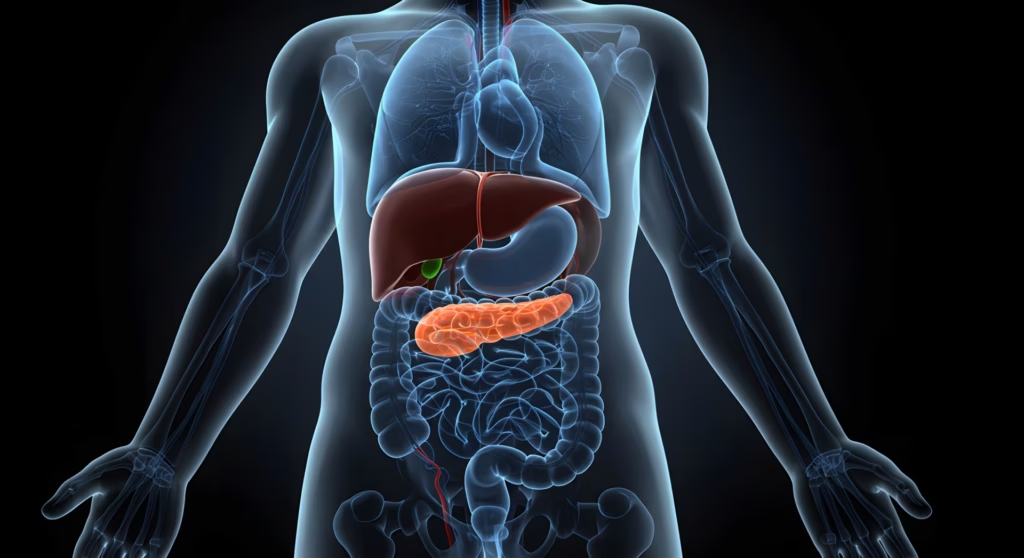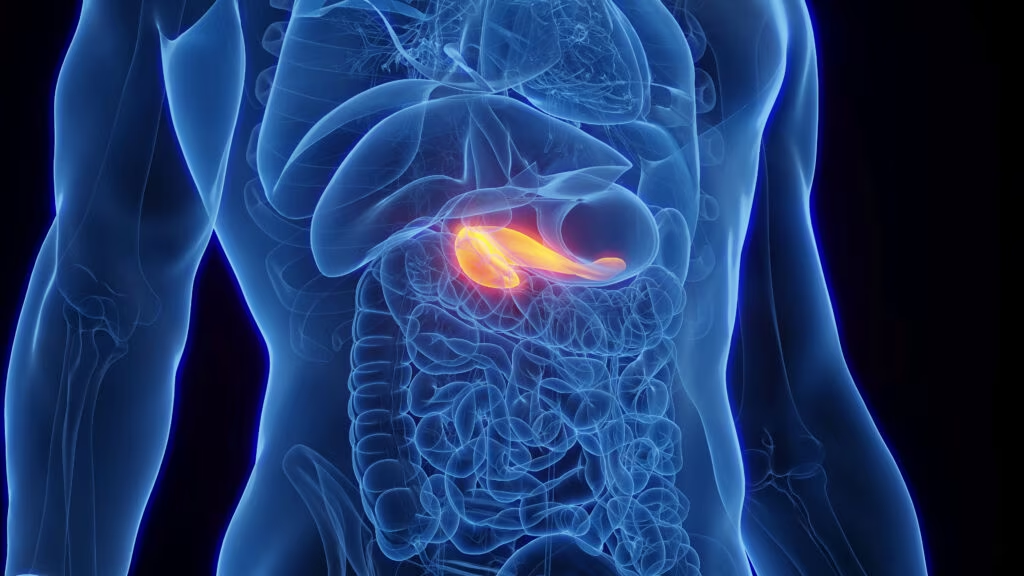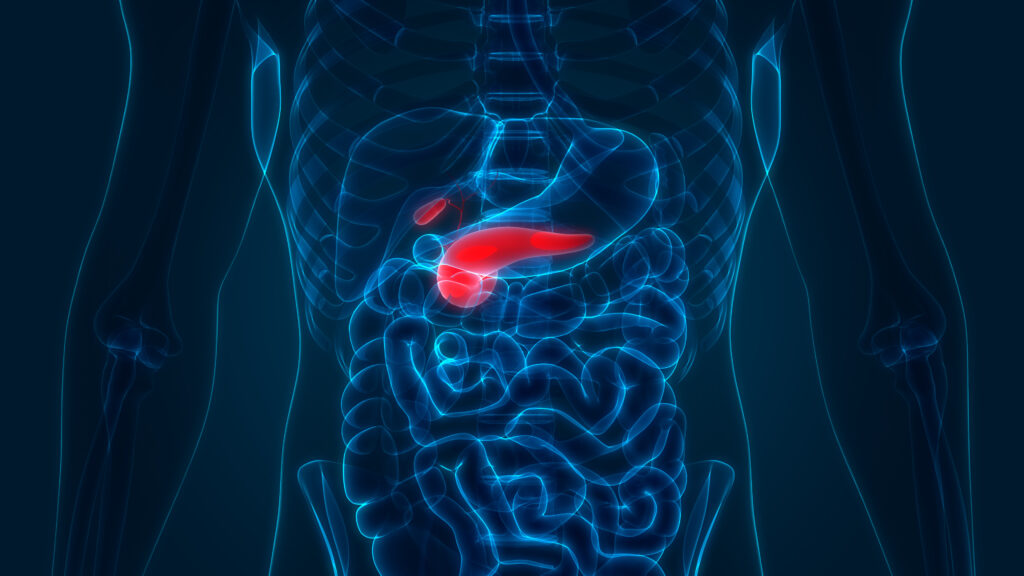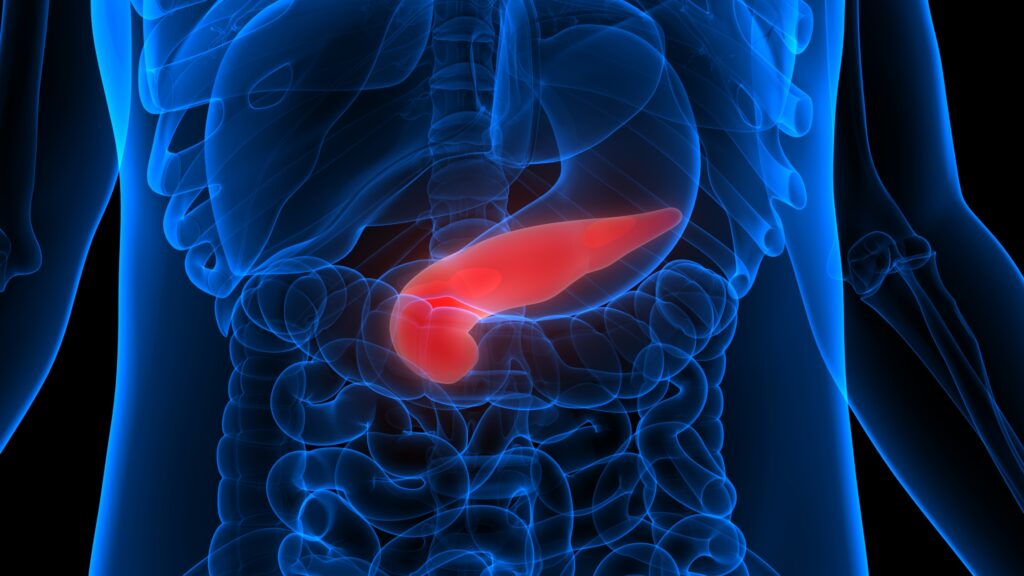The prevalence of type 2 diabetes is rapidly increasing. Most people are asymptomatic at diagnosis and the assumption is made that early diagnosis and treatment of type 2 diabetes will be beneficial, although definitive evidence is lacking.
The prevalence of type 2 diabetes is rapidly increasing. Most people are asymptomatic at diagnosis and the assumption is made that early diagnosis and treatment of type 2 diabetes will be beneficial, although definitive evidence is lacking. The American Diabetes Association stated that there is sufficient indirect evidence to justify opportunistic screening in a clinical setting.3 Recently, the International Diabetes Federation also recommended opportunistic screening.In The Netherlands, the Dutch College of General Practitioners recommends opportunistic screening (case-finding) for diabetes in people at risk of type 2 diabetes. To investigate whether early treatment of patients with screening-detected diabetes is beneficial, the Anglo–Danish– Dutch Study of Intensive Treatment in People with Screen-Detected Diabetes in Primary Care (ADDITION) has been initiated. ADDITION is a multicentre randomised controlled trial that consists of a screening study and a subsequent intervention trial with a follow-up of five years. In the screening study, the feasibility of identifying persons with type 2 diabetes is evaluated. In the intervention study (a single-blind, multipractice trial with practicelevel randomisation), the effects of routine care in general practice according to national guidelines are compared with those of an intensified, multifactorial treatment on cardiovascular mortality and morbidity (non-fatal myocardial infarction and non-fatal stroke), revascularisation and amputations.
This article describes the results of population-based screening for diabetes in The Netherlands and the associations of the yield of the screening with characteristics of general practitioners (GPs) and practices. Furthermore, we report on the one-year results of the intervention trial. Finally, we followed people in different glucose regulation categories over three years regarding the extent of healthcare utilisation and the risk of cardiovascular disease (CVD).
To read full article please click here.














